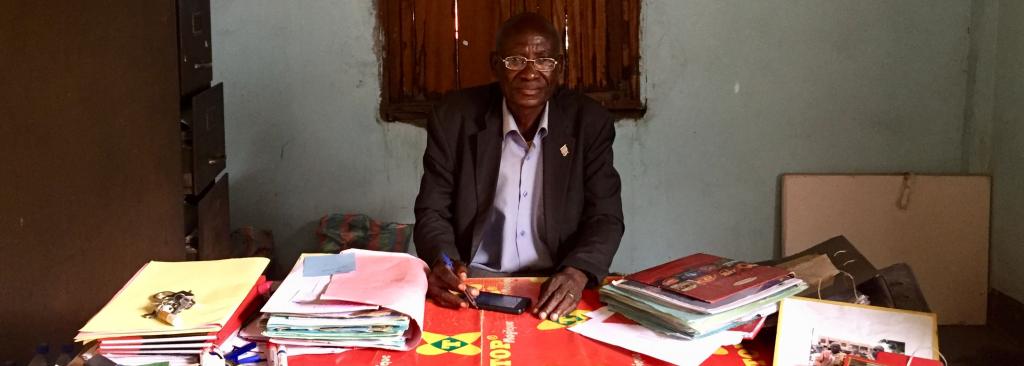The EISA Best Dissertation Award recognizes outstanding work by young scholars in the field of International Relations. It is awarded to dissertations that make a highly original and significant contribution to International Relations based on rigorous research.
For 2020, Dr Stéphanie Perazzone, who completed her PhD in International Relations and Political Science at the Graduate Institute, received the Honorable Mention. The committee commented:
“This excellent dissertation offers a rich and sophisticated reading of the postcolonial state as an ‘ecosystem’ to challenge conventional conceptions of ‘state failure’. Based primarily on fieldwork in three cities in the Democratic Republic of Congo (DRC), Dr Perazzone carefully reconstructs the material and ideational presence of the Congolese state through the everyday experiences and practices of ‘ordinary dwellers’ and ‘street level bureaucrats’. The committee was impressed by the interpretivist skill underpinning a comprehensive, layered and nuanced analysis, and by the interdisciplinary approach combining political science, urban studies, and social anthropology. Dr Perazzone’s dissertation offers both a critical reminder of the limits of a core Western concept and an innovative demonstration of where and how we can see the postcolonial state at work.”
This innovative research reveals how ‘the state’ continues to be reproduced and re-legitimized through a set of diffuse yet pervasive socio-material practices, systems of significance and historical traces, which combined constitute what Dr Perazzone terms the ‘state ecosystem'.
Rather than seeing the DRC as fundamentally ‘failed,’ a state ecosystem perspective uncovers ambivalent yet striking instances of negotiation, accommodation, perseverance, and – ultimately – ‘progression’ in its trajectories. A state ecosystem perspective provides a conceptual framework through which to reposition the figure of the postcolonial state as part of a global social and political system that is fundamentally intertwined in its evolution. Rather than relying solely on ‘western-centric’ concepts of what the state ‘should be,’ the dissertation lays out what the state is, in one particular context, and provides a framework applicable to multiple other contexts.
Discover more about the project in this interview with Dr Perazzone by the Graduate Institute’s Research Office.


